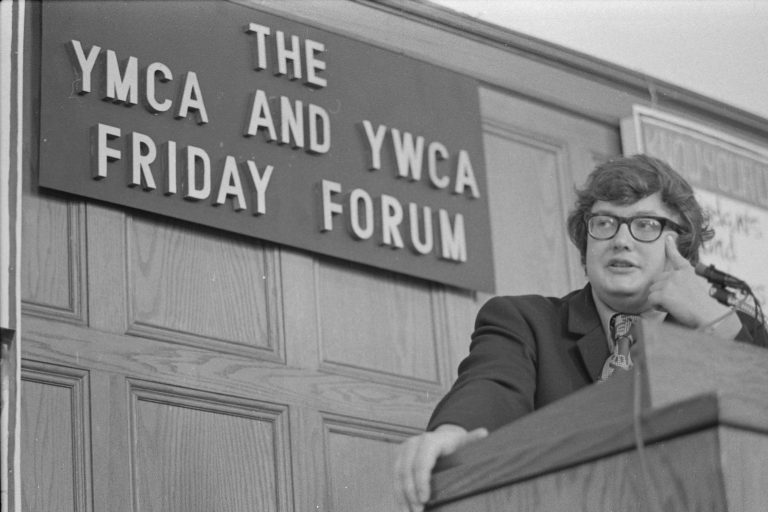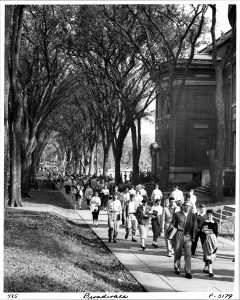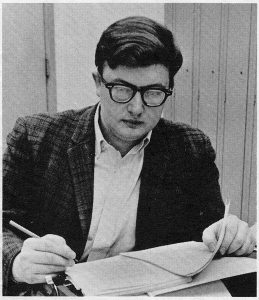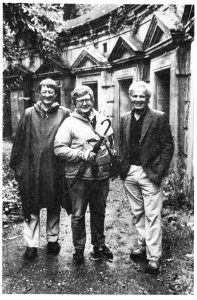
Roger Ebert was not a typical University of Illinois student.
His studies and experiences laid a foundation for his future, as they do for most students. But, unlike most students, they also shaped the university.
Roger left extensive traces of his time in Urbana. Documents preserved and made accessible by the University of Illinois Archives tell a clear story: Roger forged a unique worldview and voice through his experiences on campus, his extracurricular writings, and his relationship with English Professor Dan Curley. Readers of his movie reviews or books will instantly recognize the voice in these documents. They show, even then, his ability to surprise, to induce laughter, and to make the world a better place.
This exhibit reflects the ways in which the University of Illinois Archives and Library preserve and help to tell Roger Ebert’s story. The documents come from a special time in his life, from his childhood days to his departure for Chicago and a job at the Sun Times. They shed new light on the life of a man who became the first to win a Pulitzer Prize for film criticism and who was known as the most influential movie critic in the nation.
Not only did the University of Illinois help Roger gain extraordinary experiences and give him enormous opportunities to develop and hone his skills. More importantly, it provided the forum in which he formed his social, political, and artistic consciousness.
We invite you to immerse yourself in Roger’s story:


